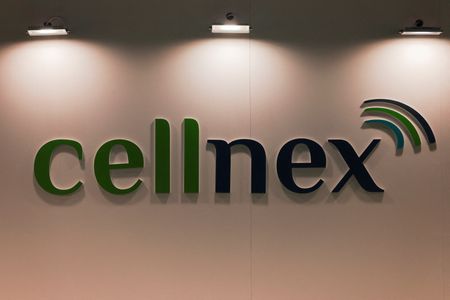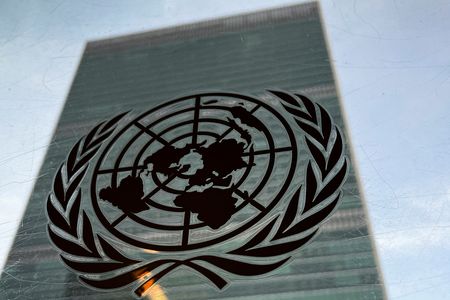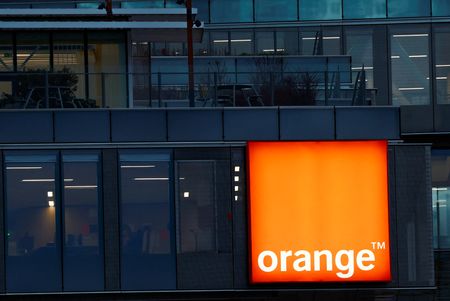By Maggie Fick
LONDON (Reuters) – Since launching its wildly popular weight-loss drug Wegovy in 2021, Novo Nordisk has raised its annual sales guidance several times a year.
But recent weak U.S. prescription data is leading some investors and analysts to question whether that stellar run, which helped make Novo Europe’s most valuable listed company worth $615 billion at its peak, is coming to an end.
In February, the Danish drugmaker forecast 2025 sales growth of 16% to 24% at constant exchange rates, a much slower pace than in the past few years.
Half a dozen analysts and investors say even that may no longer be realistic and the company could cut the guidance when it releases first-quarter results on May 7.
Novo said in February it had increased supplies of Wegovy to the United States to meet booming demand and that its guidance reflected this.
However, weekly U.S. Wegovy prescriptions have plateaued since mid-February, according to IQVIA data cited by analysts, while there is increased competition from Eli Lilly’s Zepbound obesity shot, prescriptions for which outpaced Wegovy by 128,000 in the week ending April 11.
Novo and its rivals also face the threat of their products becoming ensnared in U.S. President Donald Trump’s trade war.
While a consensus of 25 analysts polled by LSEG shows Novo’s 2025 sales expected to rise 19%, Bank of America analysts expect the company to cut its guidance to 14%-22%, which would be the weakest since 2021.
“I am very cautious on Novo. I definitely see the possibility of a guidance cut,” agreed Lukas Leu, a portfolio manager at Bellevue Asset Management, which owns Novo shares.
Concerns about how Novo is faring against Lilly in the fiercely competitive obesity drug market and disappointing trial data for its next-generation drug CagriSema have wiped $230 billion, or 45%, off its market value since early December.
Some analysts expect prescriptions of Wegovy and Ozempic to recover after the U.S. Food and Drug Administration (FDA) enforces a ban on copies, which Novo says could redirect demand to its own products.
The FDA has given pharmacies until May 22 to stop producing compounded copies of Wegovy, following its assessment that Wegovy and Ozempic are no longer in shortage.
Novo estimates about 30% of volume of semaglutide – the active ingredient in both drugs – in the U.S. is currently supplied by compounding pharmacies.
Berenberg analyst Kerry Holford is sceptical that Novo will absorb all of that volume though. She also expects sales guidance to be lowered or narrowed.
“I think a chunk of this demand will be lost due to affordability, and some will transition to Zepbound,” she told Reuters.
Since late March, seven major equity analysts have cut their price targets on the stock.
Novo’s shares posted their biggest monthly drop in March since July 2002. The rout accelerated this week, pushing the share price to a two-and-a-half-year low after Lilly’s announcement that its experimental pill orforglipron worked as well as Ozempic in reducing weight and blood sugar in a trial of diabetes patients. Lilly’s shares jumped more than 14% on the news.
Lucy Coutts, investment director at wealth manager JM Finn, a Novo shareholder, said analysts are split.
“The market is hoping for positive news…but the shares are priced for disappointment.”
(Reporting by Maggie Fick; Additional reporting by Samuel Indyk; Editing by Josephine Mason, Kirsten Donovan)







